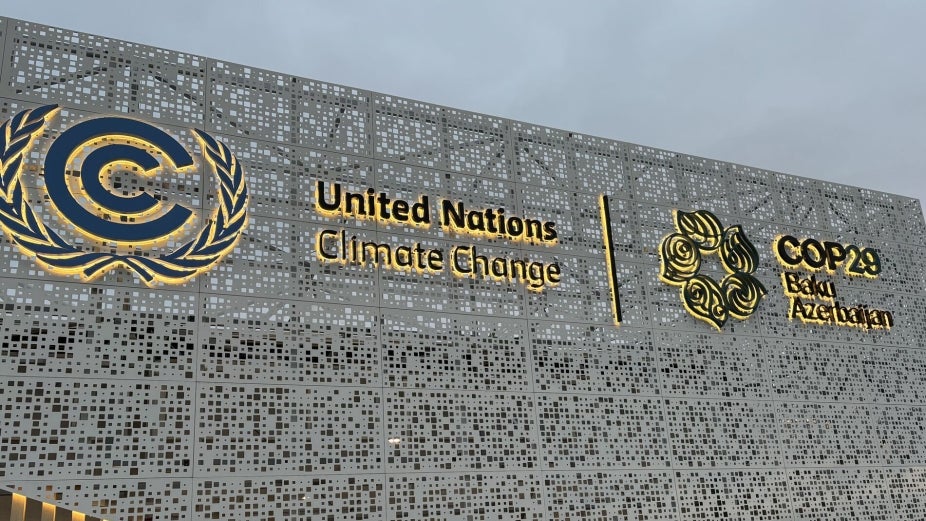Bridging Science and Policy: Experiences at the United Nations Framework Convention on Climate Change

5:30 – 7:00 pm MDT
Why are scientists, engineers, and researchers going to the United Nations Framework Convention on Climate Change Conference of the Parties (UNFCCC COP)? What really is COP and what does it intend to achieve? And, does science play a role in international climate policy, and if so, how? In this Explorer Series panel, we delve into the experiences of NSF NCAR researchers at recent UNFCCC climate negotiations, including COP27, COP28, COP29, and the 2024 Bonn Intersessional. We discuss the critical role of science in international climate policy, exploring how researchers engage with policymakers and influence global climate action. From the frontlines of tense negotiations to moments of scientific insight, we share personal reflections on the challenges and opportunities of translating research into policy.
Soudeh Kamali
Dr. Soudeh Kamali works as a Research Engineer at High Altitude Observatory at NSF NCAR focusing on the WACCM/MPAS-A model development and validation. She has a PhD in mechanical engineering with a focus on computational fluid dynamics with applications in the aerospace field. After completing her PhD, she has been interested in research topics related to the fluid-dynamical aspects of the environment, in particular the atmosphere.
Ronnie Abolafia-Rosenzweig
Dr. Ronnie Abolafia-Rosenzweig is a Project Scientist at the NSF National Center for Atmospheric Research where his primary research interests are land surface model development with a focus on snow process enhancements, studies of the terrestrial water cycle inclusive of anthropogenic impacts, fire and drought prediction using machine learning, and data assimilation. Ronnie has made significant contributions to understanding how to merge information from globally applicable tools such as remote sensing satellites and land surface models to better understand human impacts on Earth’s terrestrial water and energy budgets. A key goal of his work is to provide and enhance tools to better inform management of water and food security.
Mari Tye
Dr. Mari Tye is a Project Scientist at the NSF National Center for Atmospheric Research in the Climate and Global Dynamics Laboratory. Her research centers on projected changes in extreme weather and climate events, and translating that information to support climate resilient infrastructure planning, design and adaptation. Through her background as a Professional Civil Engineer, Mari collaborates with many different practitioners, including water resource managers, civil infrastructure designers, and reinsurers. Mari is also a National Institute of Standards and Technology Professional Research Program Fellow, examining how to incorporate the effects of climate change in building codes and standards. She is also an active member of the American Society of Civil Engineers (ASCE) Task Force to develop climate ready design codes.
Mari received her PhD in statistical climatology from Newcastle University, UK; MEng in Civil Engineering with French from Nottingham University; and is a Chartered Member of the Institution of Civil Engineers and Member of the ASCE. Prior to joining NCAR, Mari worked as a Civil Engineer in flood prevention and mitigation, as well as highways design. During 2010 she spent a three month internship with the Scottish Government's Climate Change Adaptation team as part of a policy knowledge exchange program, responding to the likely impacts of Climate Change in Scotland.
Christine Shields
Christine Shields is a Project Scientist in the Climate Change Research section of the Climate and Global Dynamics Laboratory at NSF NCAR with expertise in simulating Earth’s past, present and future climate with the Community Earth System Model (CESM). She earned her Masters of Science in Meteorology from the Pennsylvania State University in 1991 and has focused her research towards understanding Earth’s hydrological cycle in the context of climate change, with particular emphasis on atmospheric rivers, monsoons, moisture transport, cyclones, and weather extremes. Christine’s research spans much of Earth’s history, ranging from millions of years ago to future climate states under global warming. She is involved in a community-driven effort to define the uncertainty surrounding the various definitions of atmospheric rivers and is particularly interested in how this uncertainty shapes our understanding of atmospheric rivers in a warmer world.